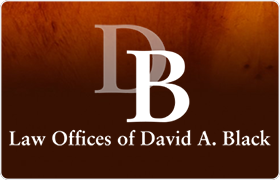Phoenix Juvenile Law Lawyer, Arizona, page 2
Sponsored Law Firm
-
 x
x

Click For More Info:
-
Law Offices of David A. Black
40 North Central Avenue Suite 1400 Phoenix,AZ 85004» view mapAssault, Appeals, DUI, Drug Crimes Phoenix Criminal Defense Lawyer
We have years of experience successfully defending clients. Being accused of a crime is simply that – an accusation. We will vigorously defend your rights.
800-975-4680
Melanie Marie Laboy
Immigration, Juvenile Law, DUI-DWI, Criminal
Status: In Good Standing Licensed: 22 Years
David L Niederdeppe
Government, Family Law, Juvenile Law, Administrative Law
Status: In Good Standing Licensed: 50 Years
Tracy L Augustin
Family Law, Divorce & Family Law, Divorce, Juvenile Law
Status: In Good Standing Licensed: 14 Years
Tracy L Augustin
Family Law, Divorce & Family Law, Divorce, Juvenile Law
Status: In Good Standing Licensed: 14 Years
Stephanie Lee Ehrbright
Family Law, Juvenile Law, DUI-DWI, Criminal
Status: In Good Standing Licensed: 16 Years
Jessica Burguan
Litigation, Lawsuit & Dispute, Employment, Adoption, Juvenile Law
Status: In Good Standing
Bette O Adelman
Juvenile Law, Other, Family Law, Divorce & Family Law
Status: In Good Standing Licensed: 38 Years
Randall A Hinsch
Mass Torts, Health Care Other, Juvenile Law, Wrongful Death, Personal Injury
Status: In Good Standing Licensed: 39 Years

 David A. Black Phoenix,AZ
David A. Black Phoenix,AZ Contact UsContact the Firm
Contact UsContact the Firm About UsLearn More About Us
About UsLearn More About Us
